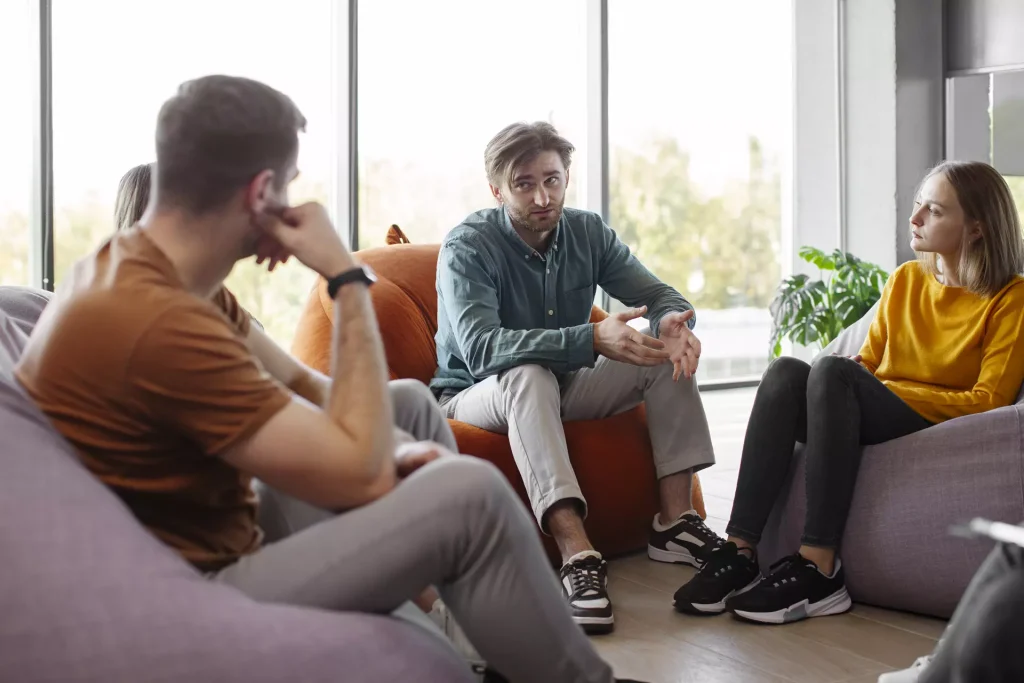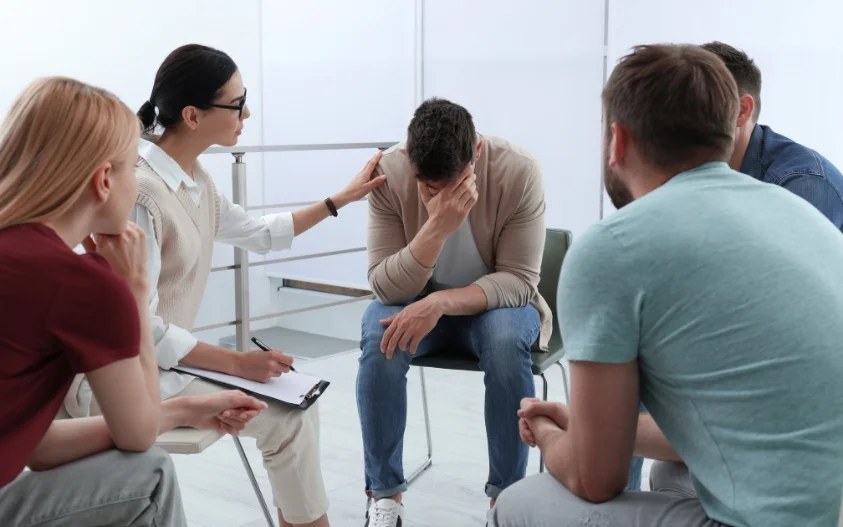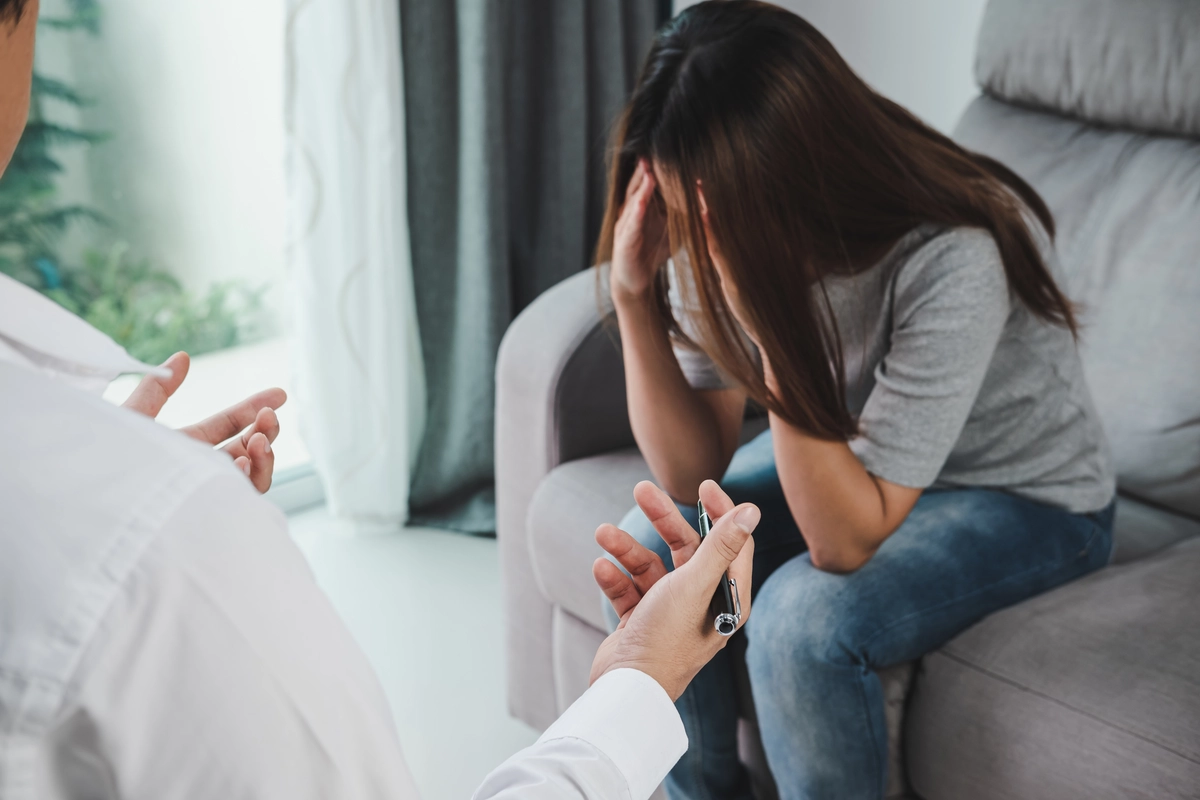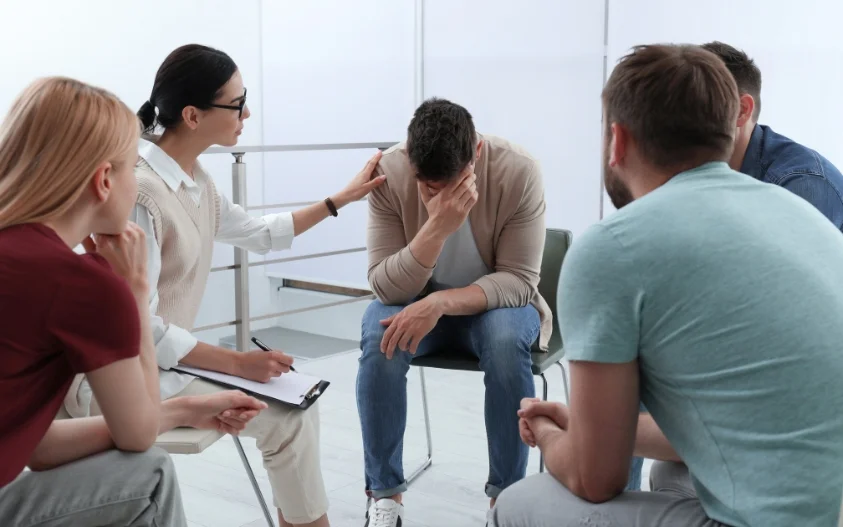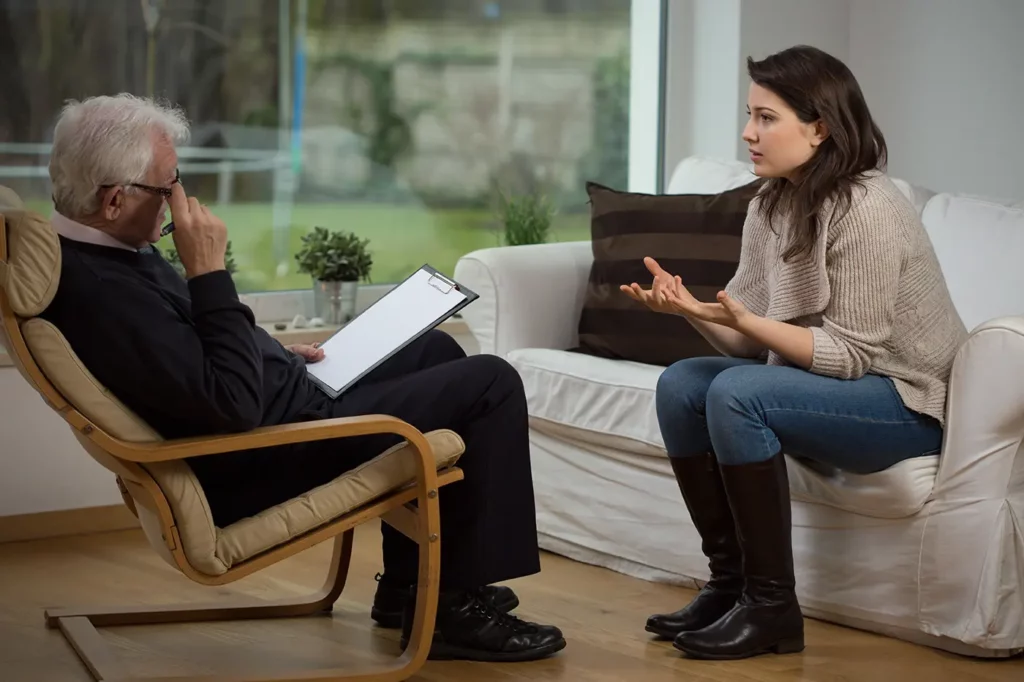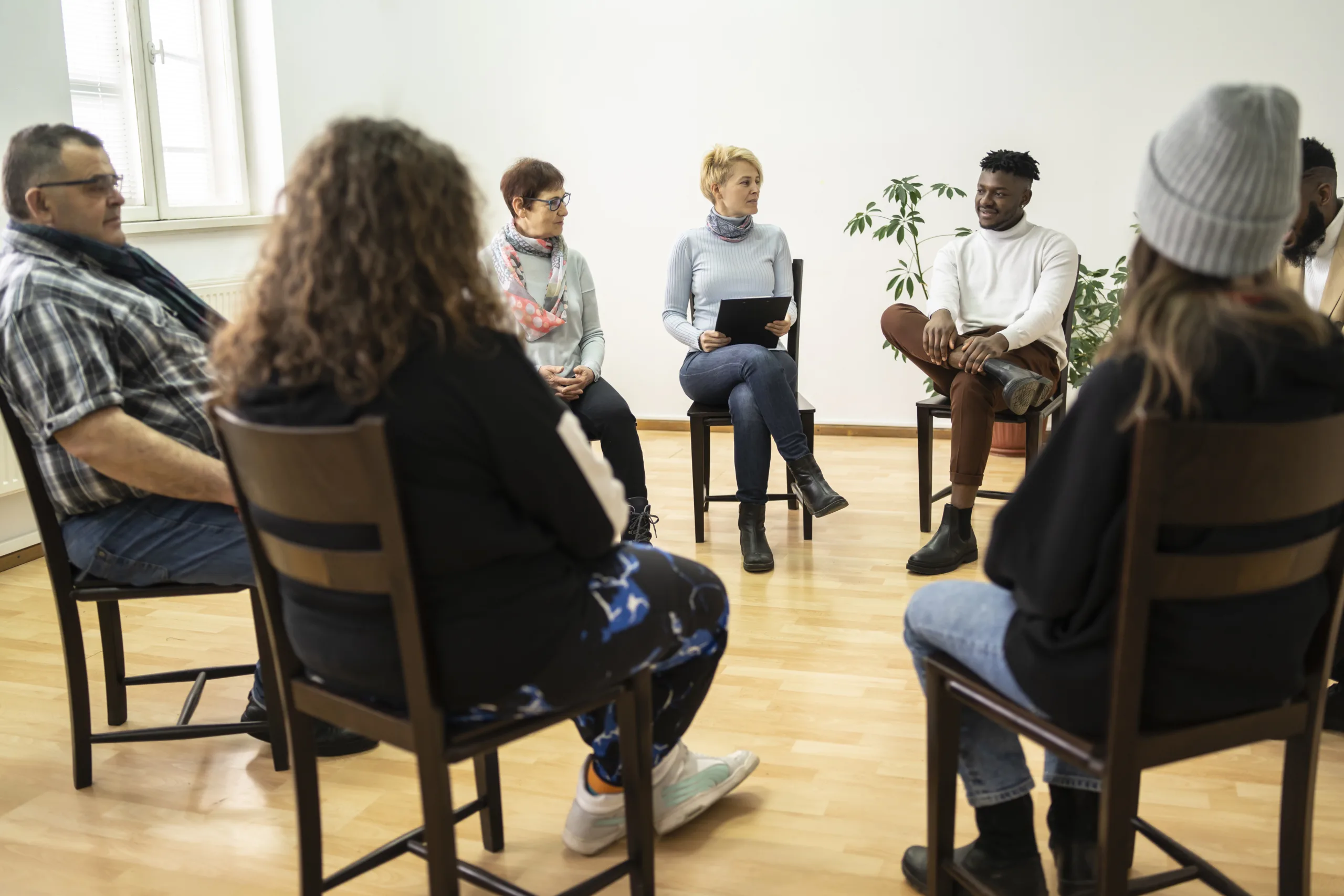Nestled in the heart of Virginia, Greensville County boasts a diverse geographic landscape that includes rolling hills and serene waterways. With a population of approximately 11,000 residents, the area is characterized by its small-town charm and close-knit communities. Unfortunately, like many regions in the United States, Greensville is grappling with a significant drug and alcohol addiction problem that affects families and individuals alike.
centers play a crucial role in addressing these challenges by providing vital resources and support to those battling addiction. The growing prevalence of substance abuse in Greensville, with a marked increase in opioid and alcohol dependency, has led to an urgent need for effective addiction treatment solutions. This underscores the importance of accessible rehab services, which can offer medically supervised detoxification, counseling, and rehabilitation programs tailored to meet the specific needs of individuals in recovery. Understanding the context of addiction in Greensville extends beyond statistics; it involves recognizing the stories and struggles of those affected, along with the hope that rehab centers can offer. The history of Greensville, marked by its establishment in the late 18th century, highlights its resilience and significance in the broader narrative of Virginia's development. However, the community now stands at a crossroads where it must confront the modern challenges posed by addiction head-on. The increase in addiction rates is not just a local issue; it reflects a national crisis that requires comprehensive action. Therefore, turning to rehab centers in Greensville, Virginia, can provide a pathway to recovery and a chance for individuals to reclaim their lives. For those seeking information on treatment and support, understanding the resources available in Greensville is essential for fostering a healthier community and ensuring that recovery is not just a possibility, but a reality for many.Addiction treatment, drug and alcohol rehab centers are also available in
GreensvilleLearn more about
























